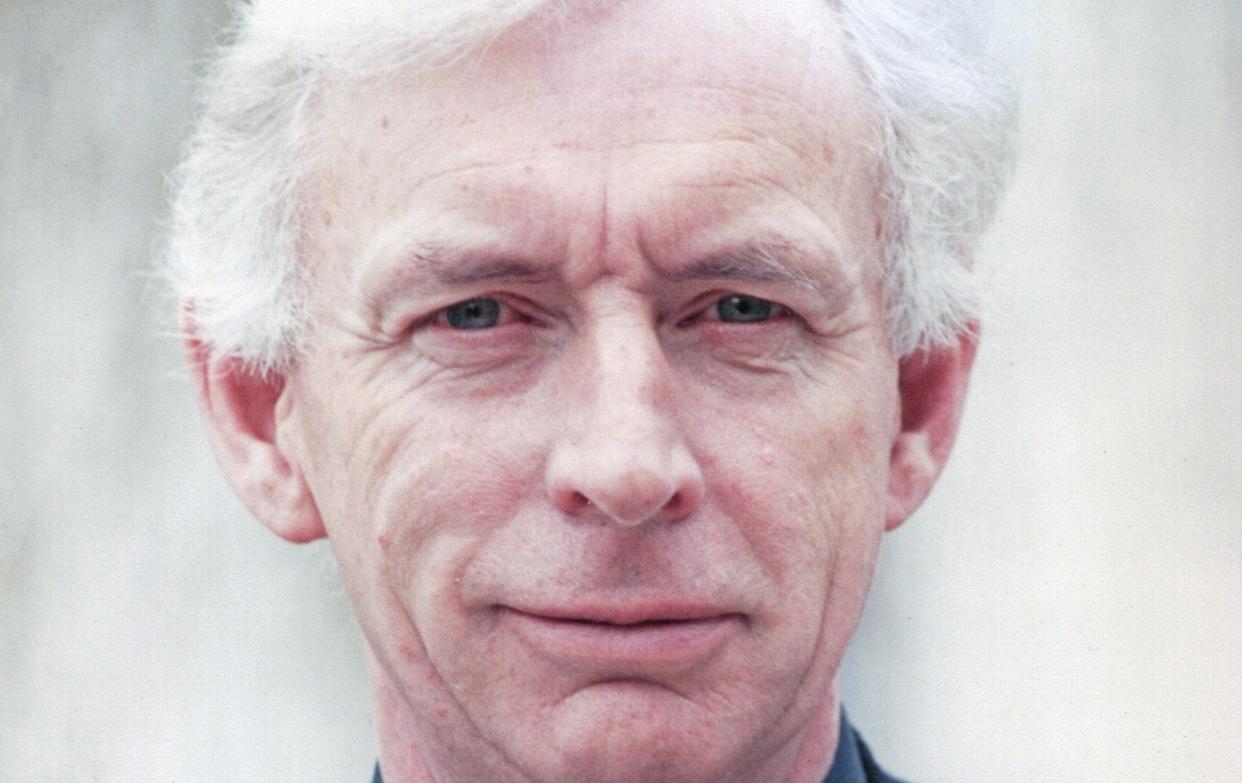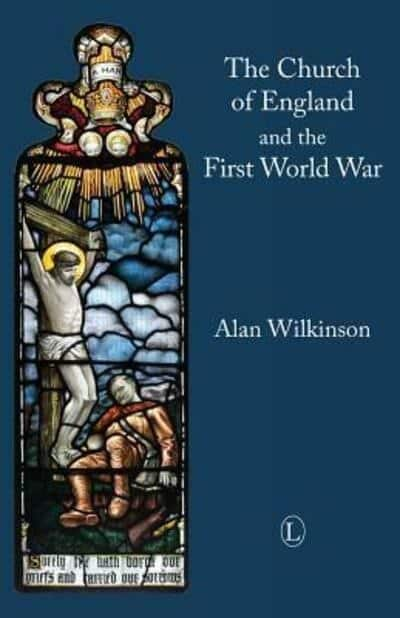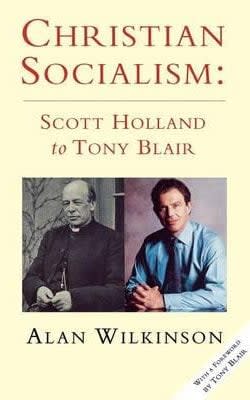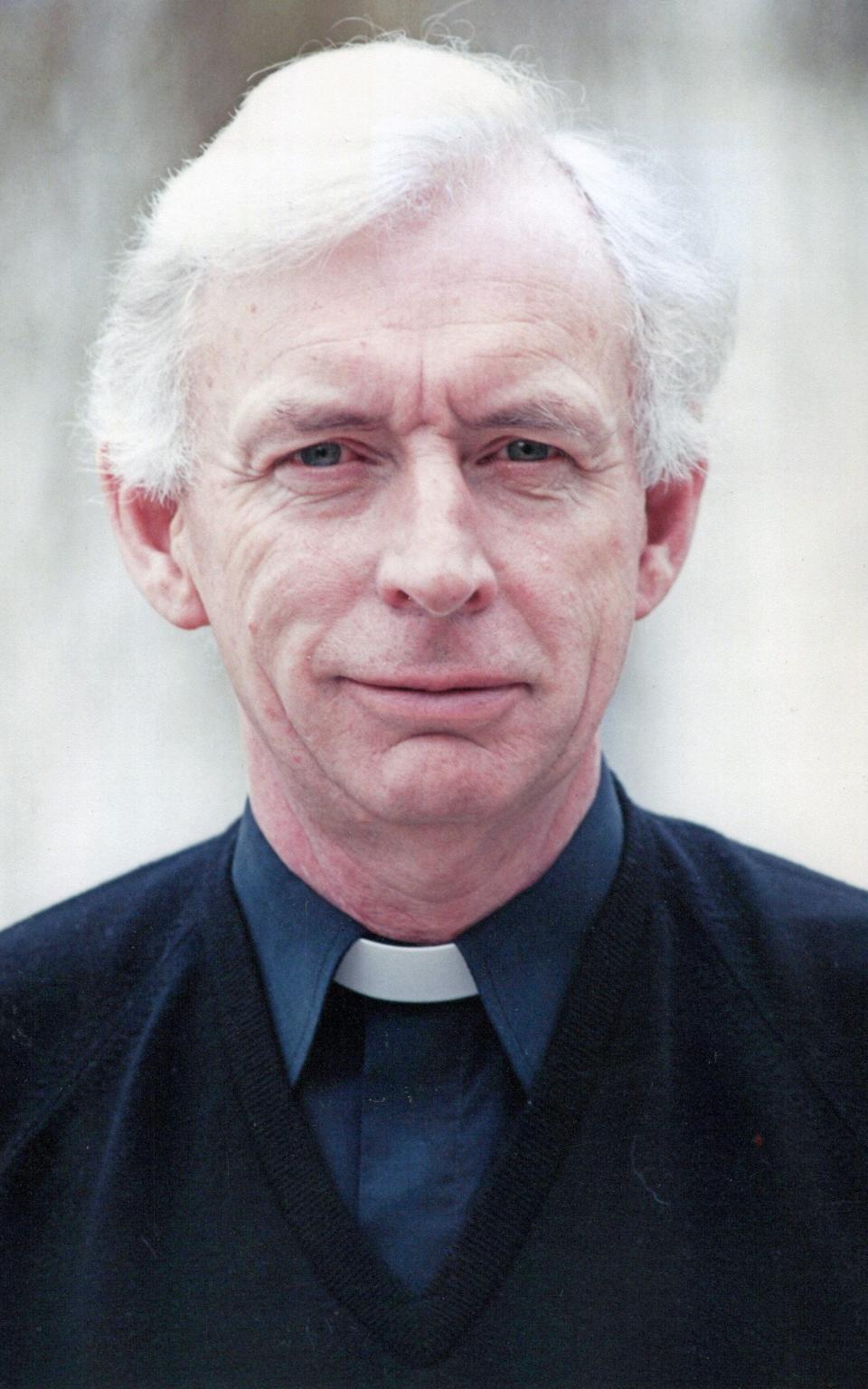Rev Canon Alan Wilkinson, priest who revived a theological college and studied the impact of Christian values on society – obituary

Rev Canon Alan Wilkinson, who has died aged 91, was an outstanding principal of Chichester Theological College who took over its leadership in 1970 at a time when its survival seemed doubtful; over the next four years he revived its life.
Wilkinson gave both teaching staff and students a wide vision of what it means to be a priest in the modern world, but when his marriage broke down he was obliged to leave. He subsequently undertook further important work in the Church, though he was denied the level of responsibility for which his gifts and experience equipped him.
Wilkinson was both a scholar and a pastor. His Cambridge doctorate was on mid-Victorian literature and society, and several of his other books were concerned with the impact of the Church and of Christian values on modern social issues. The Church of England and the First World War (1978) and War, Peace and the English Churches (1986) broke new ground by applying recent church history to contemporary problems, while Christian Socialism: Scott Holland to Tony Blair (1998) combined his skill as an historian with a deep personal commitment to social justice.
Alan Bassindale Wilkinson was born on January 26 1931 in Manchester, where his father was a distinguished Methodist scholar. From William Hulme’s Grammar School he won a scholarship to St Catharine’s College, Cambridge, where he took Firsts in both parts of the English Tripos.

At this point he intended to become a don, but during his years of doctoral research he was confirmed in the Church of England and felt drawn to Holy Orders. After training at the monastic Community of the Resurrection at Mirfield in Yorkshire, whose history he was later to write, he became in 1959 a curate at the well-known Anglo-Catholic St Augustine’s Church at Kilburn in North London. Two years later, however, he returned to Cambridge as chaplain of his old college and as a lecturer in the English faculty.
This was during the heady Sixties when Cambridge was the centre of theological liberalism, but although Wilkinson was always interested in new ideas he remained a traditional High Churchman and was more concerned with the social implications of theology.
In 1967 he moved from Cambridge to become vicar of the Somerset country parish of Barrow Gurney, combining this with a lectureship in Theology at St Matthias College of Education, Bristol. This suited him well, but after three years he was called to deal with a crisis at Chichester Theological College.
The post of principal at the college had been vacant for 19 months and, as part of a plan for the radical reorganisation of clergy training in the Church of England, the college was scheduled for closure. That this decision was subsequently reversed was due in no small part to Wilkinson’s vigorous championing of the college’s cause.

As principal he argued for the retention of an Anglo-Catholic training centre, while at the same time enlarging the scope of its teaching and dispelling the somewhat claustrophobic ecclesiasticism for which the college had long been noted.
He attracted older, married men and non-graduates to study there, and, while insisting on the disciplines of daily worship and prayer, was sensitive to the needs of individual students. His departure in 1974 was a tragedy for the college, and for Chichester Cathedral, of which he was a Canon and Prebendary.
His own future was for a time uncertain. In the end Robert Runcie, at that time Bishop of St Albans (later Archbishop of Canterbury), came to the rescue with the offer of the wardenship of his diocesan retreat house. This was to provide the base for a new Auxiliary Ministry Training Scheme in which men were to be prepared for ordination while remaining in their secular occupations, and of which Wilkinson became director.
Although he remained in this post for only two years he crafted an imaginative curriculum, recruited teaching staff, and wrote his revealing and highly critical account of the Church of England’s involvement in the First World War.
He “sold” the new training scheme to the parishes of the diocese and persuaded the authorities at Church House, Westminster, of its soundness and viability. Its subsequent success owed much to his planning.

From 1975 to 1978 he was lecturer in Theology and Ethics at the Crewe and Alsager College of Higher Education, then spent six years as director of training in the diocese of Ripon, where his teaching gifts and immense experience made an important contribution to the education of both clergy and laity.
He was also a governor of the Society for Promoting Christian Knowledge and served on the General Synod’s board of education. Having become an Honorary Canon of Ripon Cathedral in 1984, he spent the next few years as priest-in-charge of Darley with Thruscross and Thornthwaite, near Harrogate. Wilkinson then decided to retire from full-time ministry in order to concentrate on writing and teaching.
An impressive flow of books followed, and his scholarship was recognised by the award of a Cambridge DD in 1997. He was an Open University tutor and, having settled in Portsmouth, became an honorary member of the staff of the cathedral, where good use was made of his teaching gifts. He was a visiting lecturer at Portsmouth University and returned to Chichester as a visiting fellow of its Institute of Higher Education.
He is survived by his second wife Fenella, whom he married in 1975, and by two sons and a daughter of his first marriage, to Eva.
Rev Canon Alan Wilkinson, born January 26 1931, died June 20 2022

